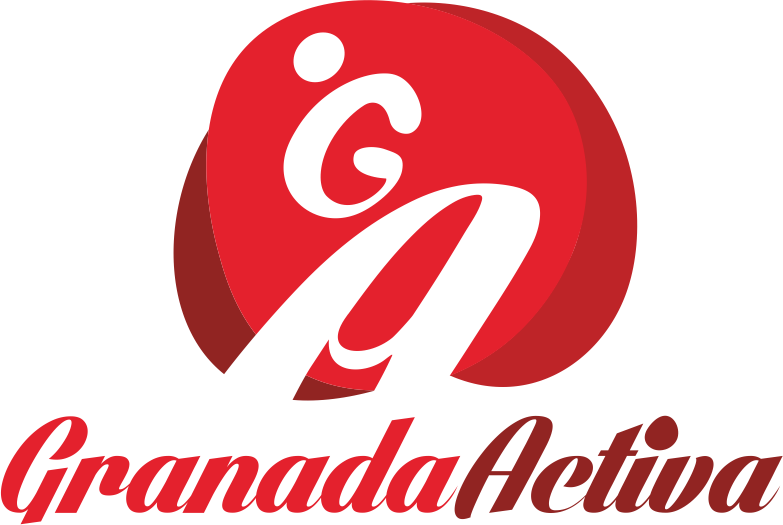Content
At some point and time, everyone craves a bit of sugar here and there. Whether you’re a huge body builder or on a strict vegan diet, sugary foods are all around and easy to tempt the mind. But, it seems that individuals recovering from alcohol abuse tend to crave sweets just a bit more than the average person. There are plenty of reasons that explain this occurrence, and it’s something that many drug and alcohol treatment services plan around. While sugar cravings might make you feel good initially, read on to learn why they aren’t always good for recovering alcoholics. This too factors into why recovering alcoholics crave sugar, as we’ll see soon.
We use a curriculum of evidence-based therapies to help you heal from your alcoholism. As Northeast Ohio’s premier provider of alcohol addiction treatment, you can safely and privately recover from alcohol addiction. Fueling your body inadequately will leave you feeling dissatisfied and undernourished. It’s common to experience cravings, particularly for higher-calorie foods rich in added sugar and fat, as your body attempts to regain any body mass it has lost. This is a survival mechanism your body employs in preparation for not being fed regularly or adequately. Fortunately, understanding why you’re craving sweets after quitting alcohol and finding ways to avoid sugar can help you maintain a healthy recovery.
What Are Some Common Signs of Sugar Addiction in an Alcoholic?
You can also seek additional assistance from a dietician or mental health professional. If you go too long without a meal or a snack, your body is likely to start looking for a quick source of energy. While this might address your hunger now, you aren’t likely to stay feeling satisfied until your next meal. Chocolate also contains “drug-like” constituents such as anandamides, caffeine, and phenylethylamine, which can wield a powerful influence on mood. People who feel addicted to chocolate may be feeling the one-two punch of chocolate and sugar, thus satisfying their need for more serotonin.
Anger, muddle headedness, anxiety, depression, fatigue, mood swings, and irritability are some of the more common symptoms that women often feel helpless to do anything about. If your feel like your why do alcoholics crave sugar sweet tooth is becoming a problem, physically or mentally, you’re not alone — and it’s not all in your head. For some of us, a few lifestyle changes will be enough to break our sugar addiction.
Other Connections Between Sugar and Alcohol
It is not uncommon for individuals who have a history of substance abuse to not take care of their physical health. Alcohol and drugs in and of itself can wreak havoc on internal organs. For example, heavy alcohol use can affect the liver, heart, brain, and pancreas in a variety of consequential ways. Alcohol use also compromises the immune system and can be a contributing factor of various types of cancer.
But by understanding the cause, you’ll be better equipped to handle it and move forward. Sugar cravings are normal on their own and don’t indicate an underlying health problem. However, if you’re concerned about your sugar consumption and how it’s impacting your health, speak with a healthcare provider.
This Is Why Artificial Sweeteners Are Bad for You
According to the American Heart Association, the average American adult eats somewhere between 22 and 30 teaspoons worth of added sugar in a day. Women and children should only be eating about 6 teaspoons (25 grams) of sugar a day; men’s intake should only be slightly higher, at 9 teaspoons https://ecosoberhouse.com/ (36 grams). Nine teaspoons of sugar may sound like a lot (and it is), but it’s also what you’ll drink in an average 12-ounce can of soda. If not, once your doctor is on board, you’ll be able to work together on developing strategies for coping with cravings and their cause.
- Whether it’s the need for a quick energy source or a temporary relief from discomfort, our bodies and minds work in tandem to drive our food preferences.
- Here we’ll explore the science behind why our bodies crave sugar and carbs—especially when we’re sick.
- It also goes over how to manage cravings, both in the short term and the long term.
- One hypothesis is that the semaglutide caused people to lose weight even though they had normal weight and that led them to seek more calories through drinking, Leggio says.
Medications can stimulate appetite or cause blood sugar problems, including drugs used to treat depression and bipolar disorder. Other prescription and over-the-counter medications can affect your appetite as well. Several studies have proposed that low levels of tryptophan can increase hunger and drive food cravings, as well as contribute to symptoms of depression. A food craving is defined as an intense desire for a specific food.
Receiving Therapy That Can Help Alleviate Sugar Cravings
Your nose is running, your head hurts and you feel like you’re coming down with a cold. But NIDA’s Leggio advises against this off-label use of Ozempic and Wegovy. Ozempic may not work against alcohol for everyone, including people who don’t have obesity. «Before Ozempic, I could consume a whole bottle of wine in an evening without trying real hard, along with a bag of chocolates,» he says, laughing.
These studies have speculated that cravings for chocolate (so-called «chocoholism») may have a biological basis with serotonin deficiency being one factor. When you’re craving carbs, you’re usually being drawn to foods that encourage serotonin production. In a sense, reaching for sugary, carbohydrate-rich foods can be a way of self-medicating depression.
A registered dietitian explains why sugar can be so addictive — and what to do if you feel like your cravings are out of control. Czerwony also notes that there are anti-obesity medications on the market that help decrease appetite and cravings for sweets. Not all providers are willing to prescribe those medications, but it’s a conversation worth having.
Some people in recovery use high sugar foods as a survival strategy to get sufficient calories when other foods are unpalatable. From brain chemistry to low blood sugar, we’ll explore the reasons you might get sugar cravings when you quit drinking, and what keeping a healthy balance looks like. Some who crave sugary foods are women who suffer from premenstrual syndrome. These women suffer from monthly menstrual cycle mood changes that would take them out of a competition for Miss Congeniality. Although these symptoms, thankfully, rarely last longer than two weeks each month and usually only two or three days, women feel transformed into a female Godzilla.




Deja una respuesta